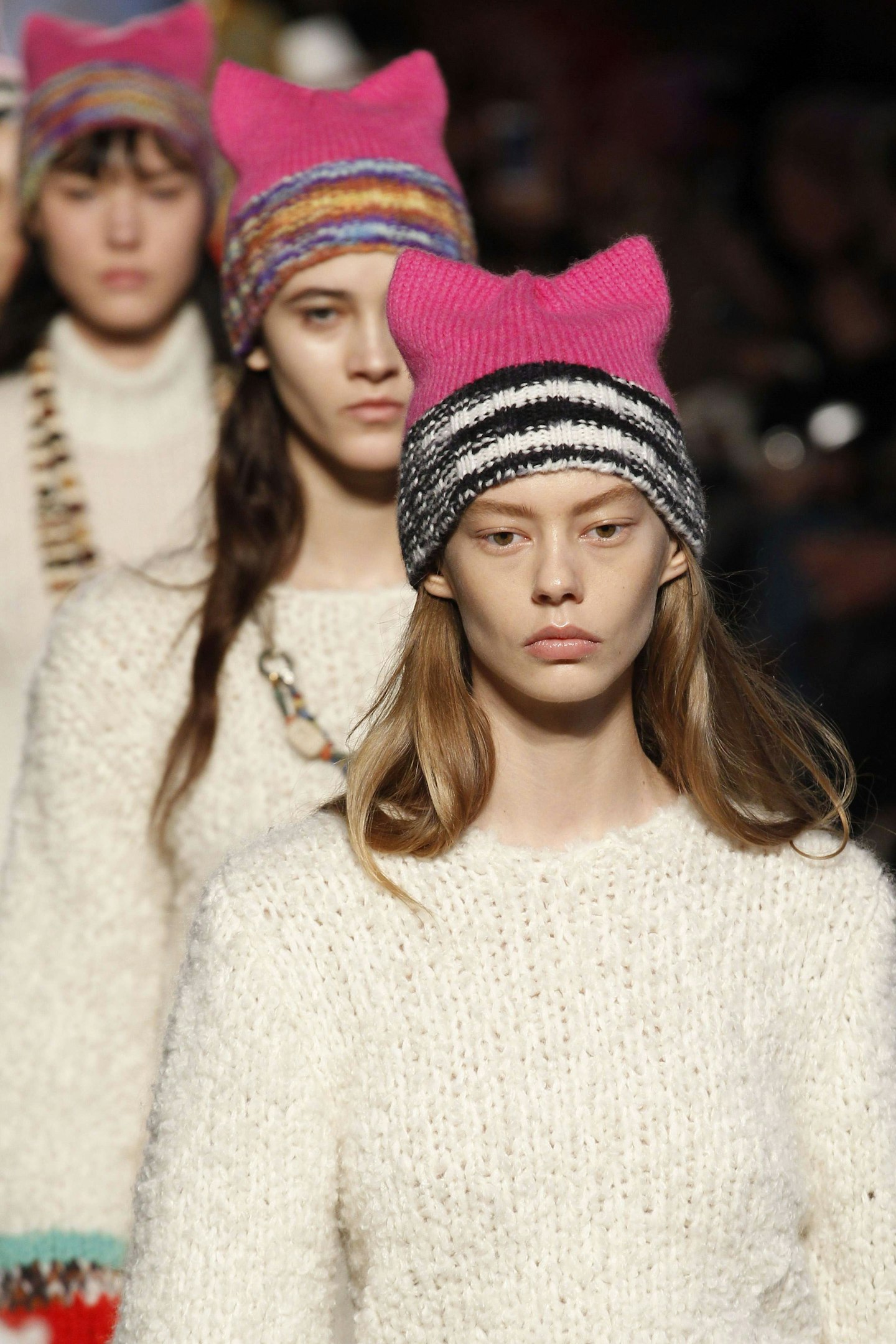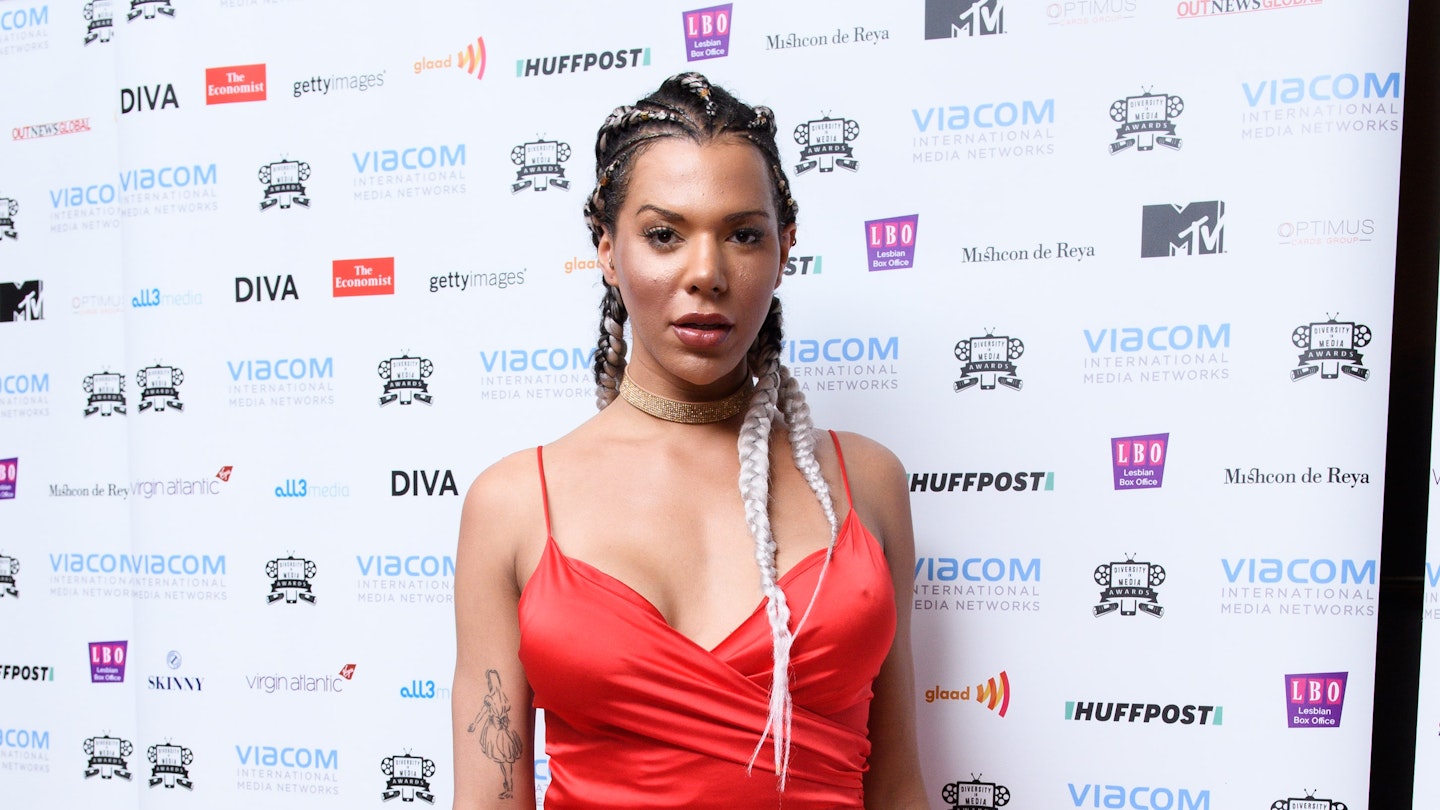Feminism: the advocacy of women’s rights based on the equality of the sexes. A simple enough concept, right? Wrong! This is 2018 and if the past two years have taught us anything, it’s that nothing is simple any more – especially when it comes to matters of equality and identity.
As a society, our understanding of the language we use to describe aspects of gender, sex and sexuality is evolving. We’re beginning to understand that identity isn’t always black and white, it’s more like a sliding scale in which all can self-identify. What makes a woman ‘a woman’ has no definitive answer, nor does it need one.
A woman is more than a vagina, than her ability to bear children, the gender she was assigned at birth, a socio-economic class, marital status or sexual history – yet every one of these points has been used to define and control a woman’s place in society. This is why feminism must serve as an inclusive tool of liberation for all female identities and experiences, not just some. This is where so many women are still getting it wrong.
An example – January saw the second annual Women’s March in major cities in the US and UK. Rightfully charged up in the wake of the #MeToo and #TimesUp movements, hundreds of thousands of women took to the streets to show a united front against abuse and harassment. But in among the banners, a well-intentioned yet misguided symbol of women’s equality was worn by protestors – the pink pussy hat.
It might seem like a fun, inoffensive and light-hearted accessory, designed to unite women, but it feeds into a narrative that continues to push us apart. Last month, prior to the march I tweeted a reminder to those participating that it was an event for all women. I said, for the day to be truly progressive, it should focus on elevating the voices and experiences of those who are most often silenced and ignored in society. I felt it seemed reductive to summarise women as walking vaginas – isn’t that a similar approach to that of misogynists?
Almost immediately, I was shut down with a tidal wave of rebuttal, largely from cisgender women who seemed to believe that it was my desire to ‘co-opt the female experience’. Some said transgender issues are a ‘special case’ that not ‘all women’ should be expected to relate to. I stressed that you don’t need to be able to relate to somebody to exercise a sense of empathy. Injustice is injustice and trans women have a place under the umbrella of ‘all women’.

Ultimately, this demonstrated to me a lack of interest about what we as trans people go through emotionally – it seems that that’s not quite as exciting as what we may choose to do with our bodies in a medical sense. These women do not see me as a ‘real woman’. Therefore they do not believe I had the right to be demanding space within a day that should be used to bring attention to issues that I too face at the hands of the patriarchy.
Trans women can’t continue to be an afterthought, especially when statistically we are the most at risk when it comes to issues of mental health, sexual assault, unemployment and homelessness. Our experiences must be approached with the same urgency in which we address the issues affecting cisgender women.
In the past, my relationships with cisgender women have been a valuable source of strength. There is great power in having allies and making use of social privilege to empower those who don’t have the same level of access. Lacking from so many conversations around feminism and equality is the acknowledgement of privilege and a strategy on how to use it to uplift women who are most at risk. If we’re going to have conversations about rape and sexual assault, we also need to talk about sex workers’ rights. We need to talk about the fact that the average life expectancy of a transgender woman of colour is just 35, largely because they’re statistically more likely to end up in sex work to survive.
As a trans woman, I find it so distressing to see the media host conversations about abuse, yet consistently fail to focus on such issues. In doing so they’re perpetuating the idea that safety and dignity is only for some women. I long to see more cisgender women in positions of influence standing up for trans women, making people aware of issues that may not affect all of us, but that we should all care about deeply.
In the same vein, we need to see more women who identify as straight standing up for lesbians. More Christian women standing with Muslim women. More able- bodied women standing with disabled women. For feminism to be an empowering sisterhood that all women bene t from, we must stop prioritising the experiences of only certain kinds of women and stand up for women who are different to ourselves.
We must learn to see all women’s experiences as worthy of being listened to within feminist discourse. Because the fact is not all women possess a functioning reproductive system, not all women have a vagina, not all women’s vaginas are pink. So, when ‘pink pussies’ are used as imagery intended to unify all women, what they are actually doing is excluding a large amount of women from feeling like they have a voice within feminism.
